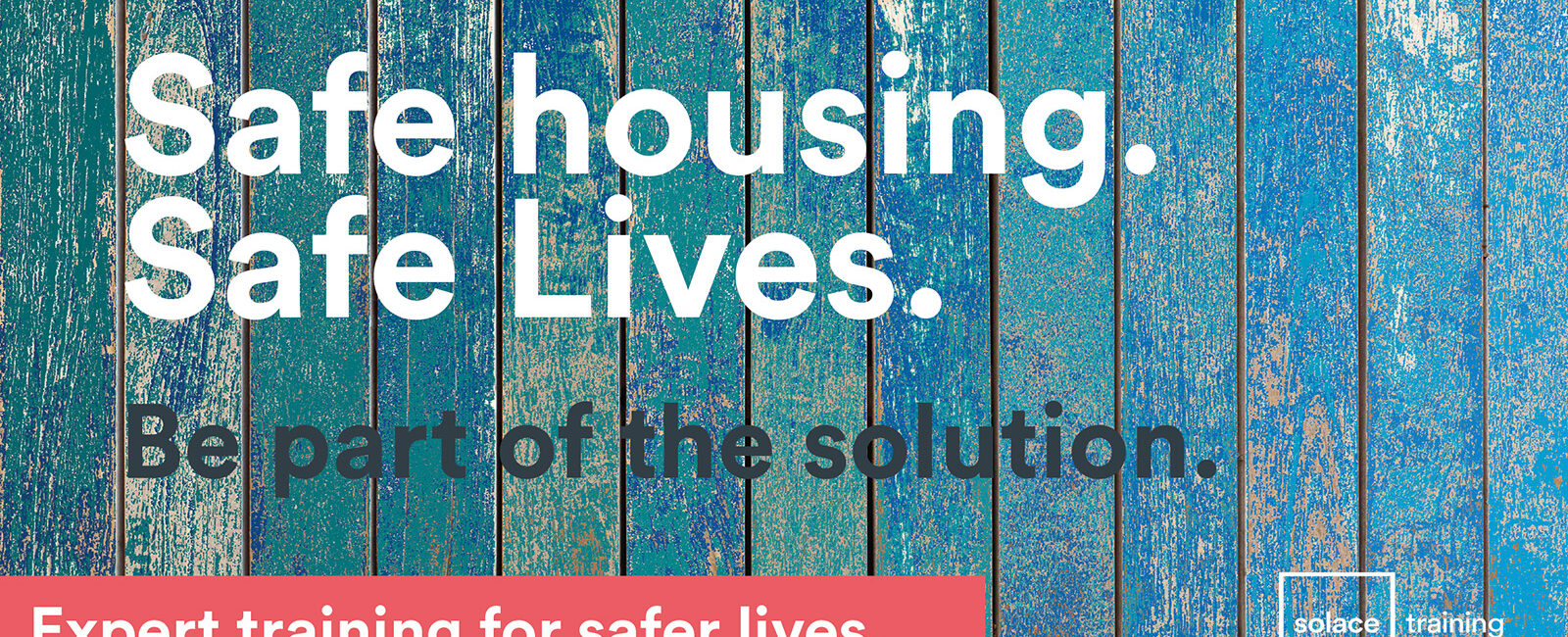Our homes are so much more than a place to live, they provide us with stability and comfort, a place to relax and recharge, so that we’re able to go out into the world and face another day. But for survivors of domestic abuse, home becomes the place where they are most at risk of harm.
Domestic abuse affects almost 2 million people a year in the UK, with potentially devastating impacts. Yet many survivors struggle to access support, on average approaching professionals 5 times in the year before they were able to get the help they needed.
We know that professionals working across the housing sector play a unique and vital role in supporting and strengthening communities. When they have the skills to be able to recognise and respond to domestic abuse, and the confidence to reach out with sensitivity and compassion, it can make a world of difference to the lives of survivors, providing them with safe homes, free from violence and abuse.
An effective response from housing providers means that staff are trained to spot the signs early, reducing the risk of harm to tenants, their neighbours, and staff working on the ground. It means survivors can access support quickly and safely, and they don’t suffer in silence. It means survivors can be supported to stay in their homes, preventing homelessness and disruption to their own lives and that of their children. (for more information see the safe at home report from SafeLives)
Our training is designed to support local authority housing teams, housing associations, and organisations and landlords working in the private rented sector, to help them build the knowledge, skills and tools they need to shape and improve their approach to tackling domestic abuse. We draw on our expertise from the extensive work we have done with housing providers across London, and our years of experience providing safe homes for survivors.
Our training reaches staff at all levels, for a whole systems approach to tackling domestic abuse, tailored to meet the needs of your organisation and teams. Contact us at training@solacewomensaid.org to discuss how we can work together to change the lives of survivors across the UK.
Our training packages
Training for frontline staff
Staff on the ground play a huge role in being able to spot the signs of abuse and provide a compassionate and supportive response. Everyone; caretakers, repairs teams, call centre teams, residency support officers; has a role to play.
We offer a range of training for client facing staff, to develop understanding of abuse, including:
- assessing risk and plan for safety
- applying trauma-informed, survivor-centred approaches
- recognising stalking and harassment as it intersects with domestic abuse
- understanding the impacts on children and young people
- building personal resilience and preventing burnout
Training for managers
Managers play a vital roll in supporting staff to embed their learning from the training and provide effective support for survivors. Our training helps managers understand the challenges staff face when supporting survivors of domestic abuse, and how managers can support staff to approach cases in a person-centred, trauma-informed way.
Training for senior leadership
Senior leaders set the tone and direction for the whole organisation. We work in partnership with senior leaders, offering our expertise and guidance to help shape and develop whole systems approaches to tackling domestic abuse in the public and private housing sectors.


